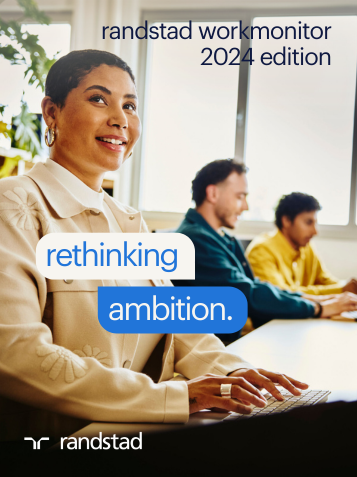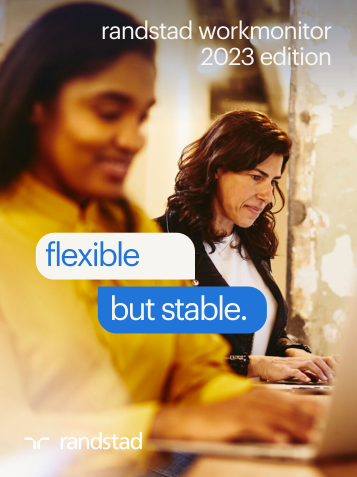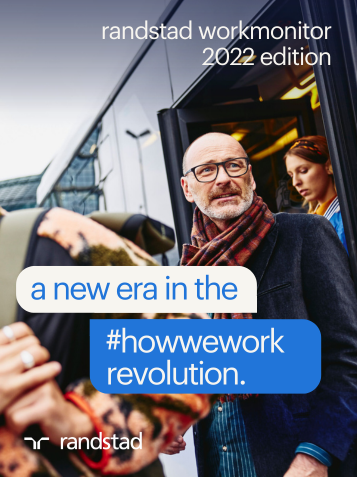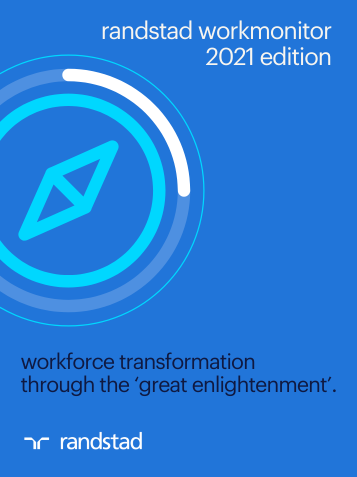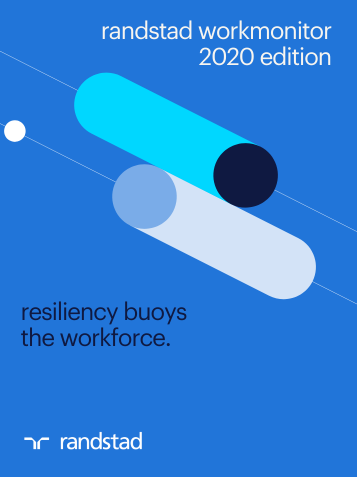a new mission for employers.
Our Workmonitor 2025 report shows that a new workplace baseline is emerging - where success is defined not just by what we do, but by why we do it, how we do it and who we do it with. This delivers a clear new mission for employers.
explore 2025 themes.
-
motivated by personalisation — why we do it.
Work today is about more than just a paycheck. If money was no object, 46% of respondents in Singapore will still continue to work. People are looking for workplaces that align with their personal values, aspirations and circumstances.
Almost 2 in 5 have quit a job because they disagreed with the views of leadership and more than half left due to a lack of personal development or progression opportunities.
Employees are increasingly prioritising workplaces that invest in their career futures, offering clear pathways for growth and long-term success.
And for the first time in Workmonitor’s 22-year history, work-life balance surpasses pay as the leading motivator at 86%.
85% of respondents in Singapore said salary is also an important factor to consider, only second to Malaysia in the Asia Pacific region.
Compensation is still important, but talent is now finding other ways to feel fulfillment. For employers focused on the career future employer brand and attracting talent who value these aspects, understanding these motivations is key.
-
fostering a sense of community — who we do it with.
Finding a sense of belonging at work is not only desirable for talent. Nine in 10 respondents say it also improves their performance and workplace wellbeing, just after Malaysia in the region at 94%. Many are now seeking a sense of purpose and connection in their professional lives.
However, 73% report hiding aspects of themselves at work, and 50% have quit a job due to a toxic working culture.
-
gaining opportunities through skilling — how we are doing it.
Technological advancements — particularly in AI — are reshaping future jobs. Talent are conscious of this with 43% saying they would not accept a job that did not offer chances to develop future-ready skills.
With AI skills development being a key priority to solidify Singapore's position as a hub for businesses and talent, 30% of respondents identified AI as their top focus for learning and development—8% higher than the global average. Additionally, 44% expressed confidence in their employers' commitment to continuous learning, particularly in areas like AI and technology.
While 39% believe employers have increased support for skilling in the past 6 months, 49% said that there are no new training programmes in the past 12 months. Workers are increasingly taking ownership for both technical skills and soft skills.
Gaps persist between desire for training and those receiving it. Younger talent and managers are reaping the greatest benefits, but given systemic talent scarcity, organisations must ensure age-inclusive skills opportunities for all.
For employers in Singapore looking to find talent for these new jobs, Randstad’s recruitment offers solutions to identify and secure candidates with the right skills.
our global reach.
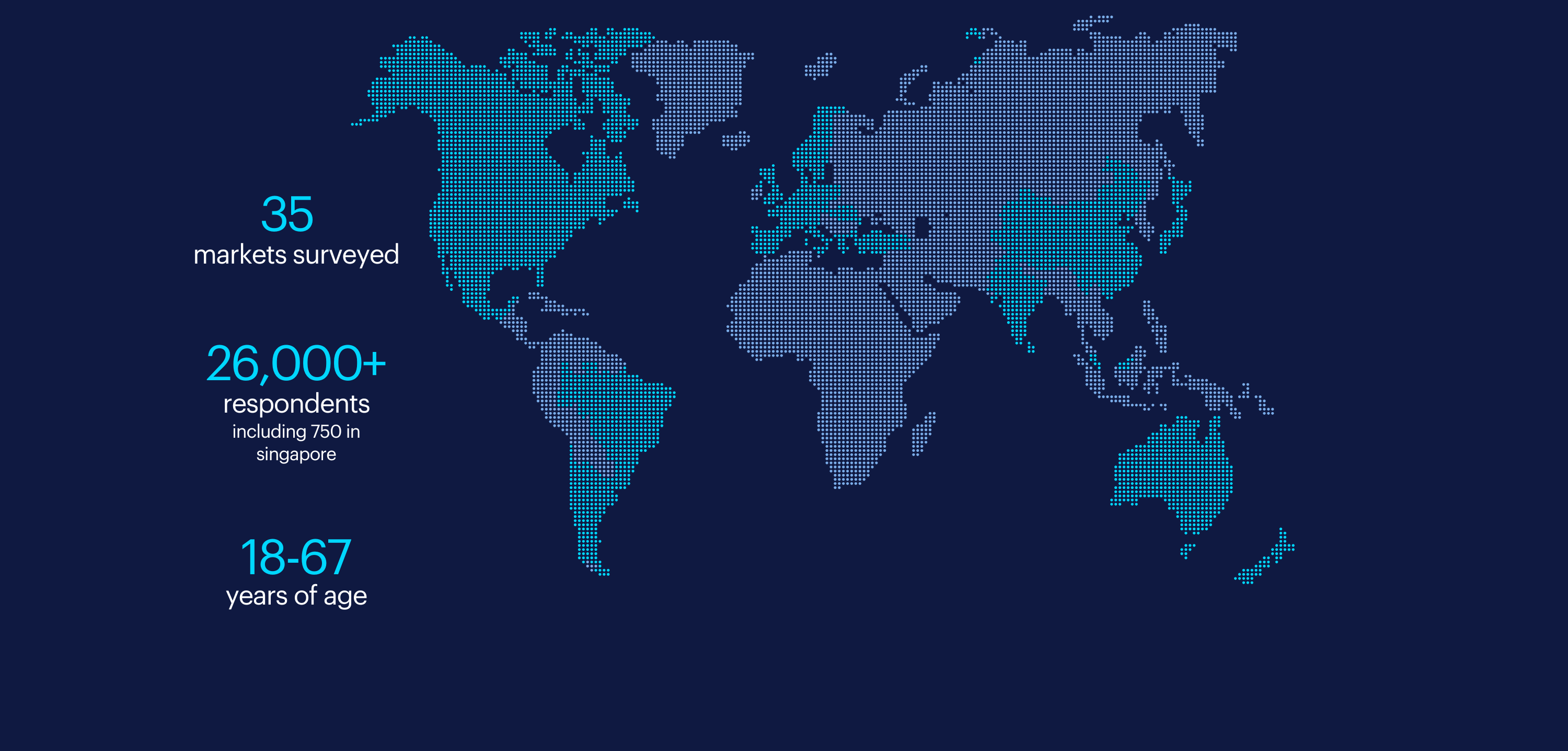
key findings at a glance.
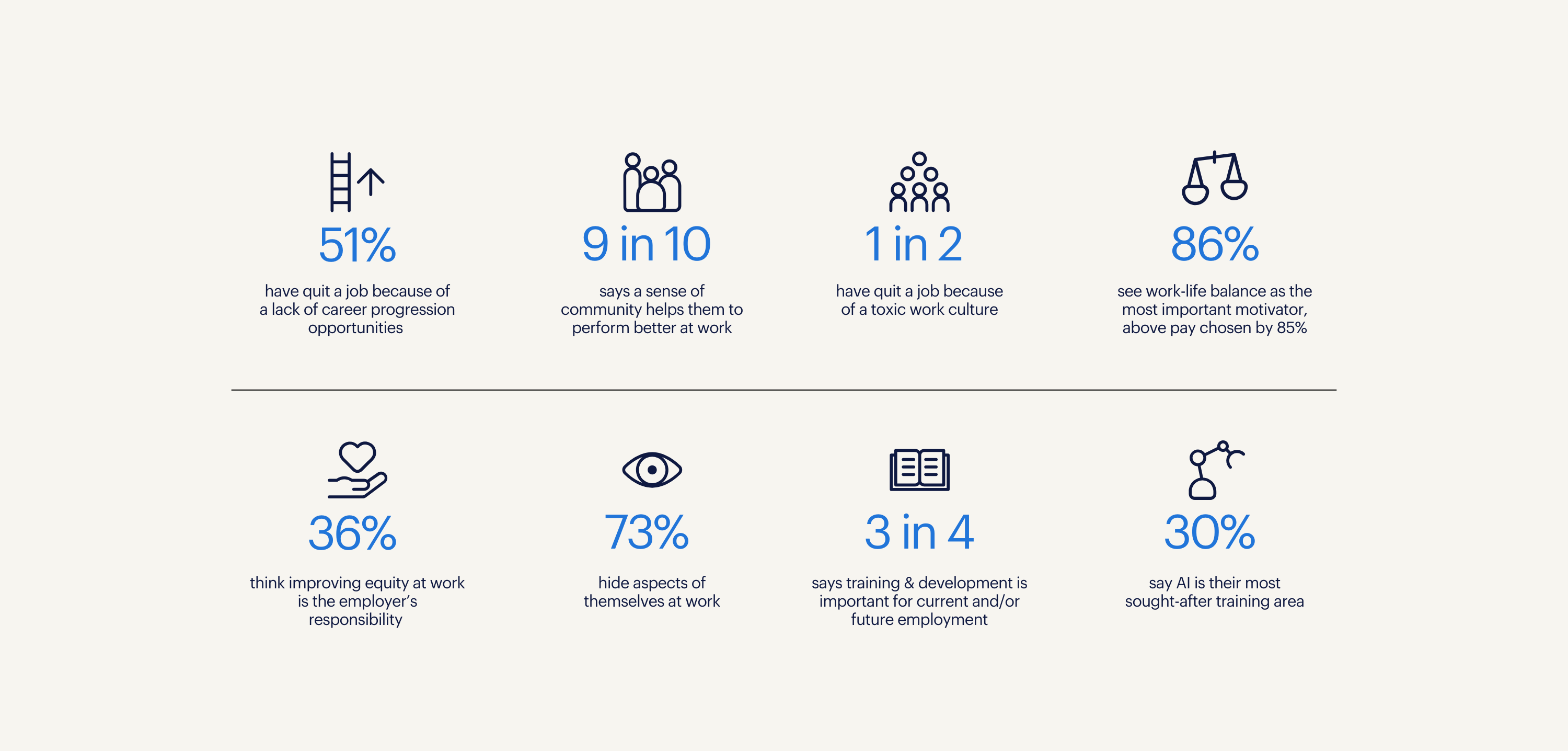
a new workplace baseline.
Our Workmonitor 2025 report shows that a new workplace baseline is emerging — where success is defined not just by what we do, but by why we do it, how we do it and who we do it with. Talent expectations are continuing to evolve, shaped by economic uncertainty, technological advancements and shifting social landscapes.
There’s a clear mission here for employers. By acknowledging the new baseline — the why, who and how — and closing the gaps in expectations between talent and employers, organisations can gain trust and drive meaningful, talent-centric progress.
Discover how Randstad recruitment can help your organisation attract and retain top talent for the future jobs landscape. Download the report today.





